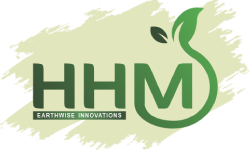Are bagasse products recyclable?
While bagasse products are biodegradable and compostable, they are not typically recyclable in the same way as traditional paper or cardboard. However, they can be recycled through specialized facilities that accept compostable materials or by incorporating them into composting programs.
Are bagasse products cost-effective compared to traditional alternatives?
While bagasse products may have a slightly higher upfront cost than traditional plastic or paper-based products, they offer long-term cost savings by reducing environmental impact and minimizing waste disposal expenses. Additionally, the growing demand for sustainable alternatives is driving competitive pricing in the market.
How can I dispose of bagasse products responsibly?
To dispose of bagasse products responsibly, consider composting them in a commercial or home composting facility. Alternatively, look for municipal waste management programs that accept compostable materials. Avoid disposing of bagasse products in regular recycling bins unless they are specifically designated for compostable materials.




